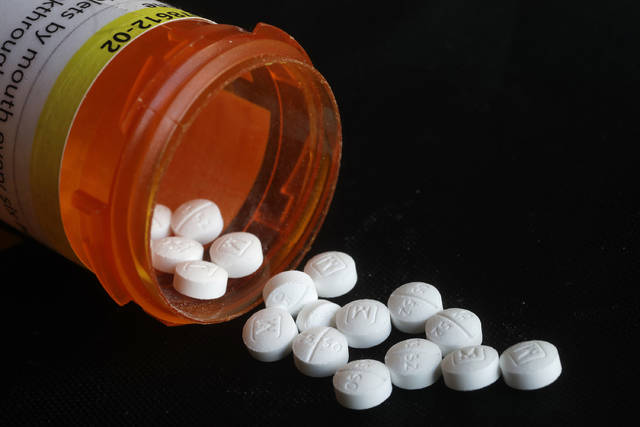https://triblive.com/opinion/lawrence-john-legislation-another-barrier-to-opioid-addiction-treatment/
Lawrence John: Legislation another barrier to opioid addiction treatment

Last year, Pennsylvania took a major step forward in helping those addicted to opioids by becoming the first state in the nation to remove the prior authorization insurance requirement for medication-assisted treatment (MAT). Unfortunately, our state Legislature is now considering a measure that would set us back in helping those same people receive the most effective, evidence-based treatment.
MAT is the use of medications combined with counseling and behavioral therapies, and has become the gold standard for treating those suffering from opioid use disorder.
While there is a national push to remove barriers to MAT, Pennsylvania Senate Bill 675 would add additional hurdles for physicians to prescribe and dispense buprenorphine, including a $500 annual fee.
Senate Bill 675, introduced by Michele Brooks, R-Erie, passed the Pennsylvania Senate in June and now moves to the House of Representatives. The Pennsylvania Medical Society, Pennsylvania Psychiatric Society and Pennsylvania Society of Addiction Medicine oppose it.
While proponents of SB 675 say buprenorphine has the potential to be misused, it contributed to only one out of 900-plus opioid-related deaths in Allegheny County in 2016, according to a report from the Allegheny County Department of Human Resources. The Wolf administration and the city of Philadelphia are among those that have actively worked to support its growth.
It would be a shame to slow the hard-earned progress Pennsylvania has made in battling the opioid epidemic. While the battle is far from over, the Wolf administration and General Assembly have enacted — and the medical community has supported — several measures that are making a difference.
Recent data from the American Medical Association shows that Pennsylvania’s physicians are writing fewer opioid prescriptions and increasing their usage of the state’s prescription drug monitoring program (PDMP).
Since Pennsylvania strengthened its PDMP in mid-2016, the ability of physicians to monitor patients’ use of opioids has greatly improved and doctor shopping has been virtually eliminated.
As a practicing family physician, I have witnessed a culture shift in the public’s view on opioids.
My patients no longer expect primary care physicians to instantly relieve chronic pain with medication. If the need for opioids arises, our office refers patients to pain management specialists and then monitors their progress through the PDMP.
Reducing the supply of physician-prescribed opioids has led to the rise in the use of illicit opioids such as fentanyl and heroin. These drugs are now a primary reason overdose deaths in Pennsylvania remain above the national average, according to data from the National Institute on Drug Abuse.
Reducing fentanyl and heroin-related overdoses and deaths requires further harm reduction efforts — such as continued expansion of naloxone — and increased access to treatment for patients.
Policymakers, insurers, medical professionals and the public must work together to continue making progress. SB 675 would do the opposite — create an additional barrier that prevents physicians and other health care professionals from helping patients with opioid use disorder.
Dr. Lawrence John, president-elect of the Pennsylvania Medical Society, practices in Aspinwall.
Copyright ©2026— Trib Total Media, LLC (TribLIVE.com)
